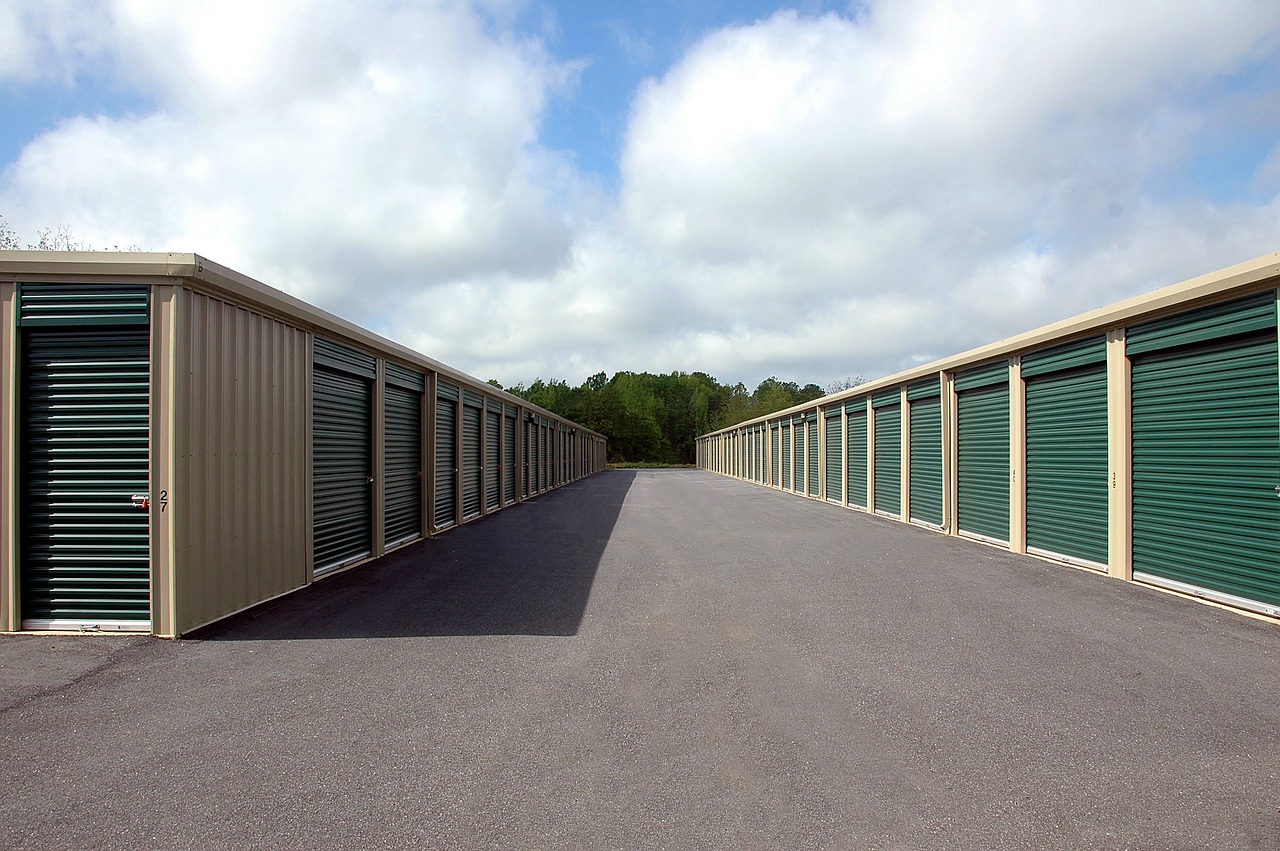A storage unit is convenient when you need extra space. It’s certainly a better option than living in clutter or selling items that you want. If you’re interested in renting a self-storage unit, then here are some things you should know.
What Sizes are Available?
Storage units are available in various sizes, depending on the facility. The smallest unit is the size of a small closet and is usually 5×5 in size. The 10×30 unit is typically the largest size available. It’s about the size of a one-car garage and can hold several larger items. Additional sizes are available between the smallest and largest units.
How to Choose the Right Size?
Choosing the right size unit is important. Renting too much space is a waste of money. But not having enough space is just as bad. You’ll need a list of the items you want to store. You’ll also need to find out what size units are available. Contact the facility for this information, and then determine which size fits your needs.
You might want to consider several facilities, just in case one doesn’t have what you need. You can also decide to choose a smaller or larger unit.
Are My Belongings Safe?
You provide the lock and the key for your storage unit. No one should have access unless you allow it. But burglaries can and do occur.
Your first line of defense is to choose a secure facility. Look for storage units that have individual door alarms. These are good for deterring other customers from breaking into units. Facilities that require access codes or security cards also make it harder for thieves.
Am I Insured?
The facility doesn’t insure your belongings. You are responsible for protecting your belongings. Some facilities offer property protection programs for an additional fee. And if you have renters or homeowners insurance, then it’s possible your belongings are already covered.
How Much is Rent?
The rental fee depends on the facility and size of the unit. A smaller unit might cost anywhere from $50 to $60 every month. But larger units can go as high as $300 per month. The amount of space you need, the type of security, and specifics about your unit also affect the price. For instance, a temperature-controlled unit will cost more than one without temperature control.
The location of a facility affects the rental fee as well. As with most rents, the city and area partly determine your rate.
What Happens if I Don’t Pay Rent?
Most facilities will give you a fair amount of time to pay. But if you go for months without paying, then you’re likely to lose your belongings. The facility can discard or sell your belongings for non-payment of rent.
Learn More
There’s much more involved with renting a storage unit. Before deciding to rent, take time to learn more about what’s involved.

